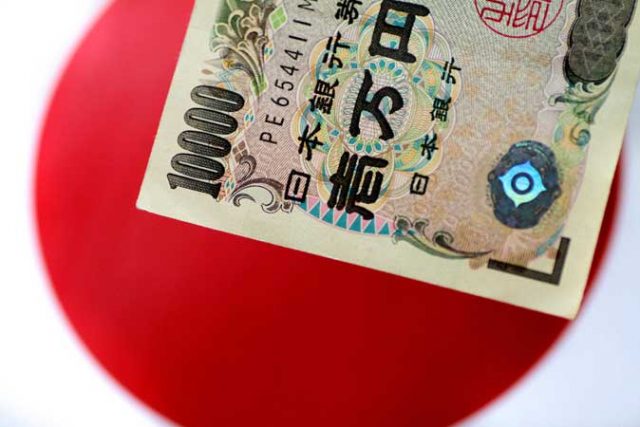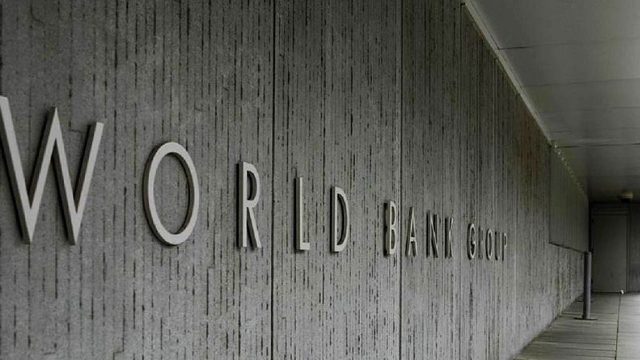The crypto crackdown is just getting started
There was much mirth online when the US Justice department announced the arrest of crypto exchange Bitzlato’s founder last week. Unpronounceable, unknown, and unlike any of the far bigger fish (like Binance) getting headlines, Bitzlato looked like a small-fry, a nothingburger. The fact that Bitcoin resumed its march past $21,000 seemed to confirm it.
But this ignores the bigger picture. In the first few weeks of 2023, watchdogs have done a lot. On Jan. 3, a joint statement by US bank regulators warned the industry of crypto risks creeping into the banking system. Then came a $100-million settlement with Coinbase Global, Inc. over weak internal controls, a lawsuit against the Winklevoss twins’ Gemini and broker Genesis for allegedly selling unregistered securities, and a $45-million settlement with lending platform Nexo (which has ceased US operations). Subpoenas are flying.
The wheels of justice turn slowly — the Gemini and Genesis complaint came too late for customers fighting to get back $900 million in trapped funds — but they’re accelerating now. Regulators like the SEC rightly feel vindicated by the past year’s events, which saw a widespread loss of faith in crypto fail to snowball into a wider economic crisis. The collapse of FTX demonstrated the industry’s failings but also the benefits of a tough regulatory line on exchanges, such as when the SEC intervened behind the scenes in 2021 to ward Coinbase off launching its own crypto-lending product. As one official put it last year, the “runway is getting shorter” for unruly platforms.
There may be plenty of debate over whether crypto tokens are more like securities, commodities, shadow banking, or gambling, but the ongoing focus is to ensure crypto’s troubles don’t leak into the financial system. While legislative attempts to craft crypto rules designed to prevent another “Lehman Brothers moment” run into procedural delays and embarrassing revelations about FTX’s history of cozy ties with Capitol Hill, regulators with long memories are keeping an active eye on banks’ crypto exposure as the real risk gauge. Silvergate Capital Corp., already crushed by its exposure to FTX, seems to have gotten the message and written down the value of stablecoin assets it bought from Meta Platforms, Inc.’s Diem — worth almost $200 million at the time — to basically nothing.
The Bitzlato action is part of this push, with the Department of Justice citing the exchange’s inadequate anti-money-laundering controls and “substantial” business with US customers — two examples of the kind of regulatory gaps in the system that missed FTX’s red flags. Carol Van Cleef, a lawyer with a long experience in digital assets, sees a blueprint for future actions, including the US Treasury’s determination that Bitzlato is a “primary money laundering concern,” rendering it effectively an international pariah. This goes beyond the SEC.
Regulation has critics. Some fear overreach; others think it counter-productive to try to build guardrails around digital assets rather than stepping back and letting it “burn.” It’s true that crypto is rife with activity that’s more gambling than investing. And it’s somewhat depressing to see that those at the heart of last year’s crypto collapse already have redemption in mind, from Three Arrows Capital to FTX.
But money laundering, fraud, market manipulation, and tax evasion aren’t risks that just fix themselves. As the European Central Bank’s Fabio Panetta has pointed out, regulators see the costs to society of unregulated digital assets as high and requiring more action. The crackdown is clearly just getting started; those who are keen to dive back into crypto, even having just taken a bath, should take note.
BLOOMBERG OPINION











